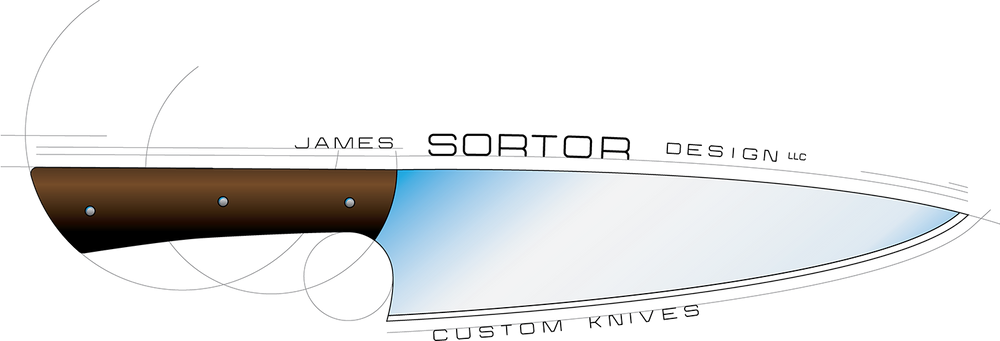Gyuto and Nakiri with Ipe wood handles
Couldn't load pickup availability
A set of two kitchen knives with handles of Ipe wood. Ipe is a tough durable wood from the tropics that is highly rot resistant and typically used in outdoor decking. It makes for a nice kitchen knife handle. The handles are oval in cross section and are oiled but otherwise unfinished. An occasional recoating of oil will help to keep them looking new. The blades are of AEB-L stainless steel with a hammered finish. The Chef/Gyuto has a 7-1/2" (190mm) blade. The Nakiri has a 7-1/4" (184mm) blade with an S-grind (hourglass shape in cross section) The S-grind promotes food release from the side of the blade.
Share
Details
Details
Blade Style: Chef/Gyuto & Nakiri
Blade Grind: Saber grind on Cheff and S-Grind on Nakiri
Edge Grind: Double Flat
Length inch (mm): Chef 13-1/4" (337mm) Nakiri 12-7/8" (327mm)
Width inch (mm): Chef 2" (50mm) Nakiri 2-3/16" (55mm)
Weight oz. (grams): Chef 6-1/2 oz (183g) Nakiri 7 oz. (200g)
Blade Length inch (mm): Chef 7-1/2" (190mm) Nakiri 7-1/4" (184mm)
Blade Thickness at Spine in. (mm): 3/32" (2.3mm)
Blade Material: AEB-L Stainless Steel
Handle Material: Ipe Wood
Ferrule Material: NA
Pins Material: NA
Liners Material: NA
Leather Sheath: No
Extras: NA
Notes: Set of Two kitchen Knives
How to care
How to care
How to care for a knife.
The basics of knife care are simple enough but some of it bears repeating here. Let’s start with what not to do with your knives.
1. Do not put a “good” knife into the dishwasher. This goes for any knife you care about custom or production. The heat generated in a dishwasher can ruin the heat-treatment of the blade. Once that happens the blade will never hold an edge again. The heat is also detrimental to epoxy and some handle materials.
2. Do not leave a knife wet in the sink or drying rack. “Stainless steel” will rust, it just takes longer than a non-stainless steel. Keep your knives dry.
3. Do not expect a knife to do the job of another tool. A chef knife is not a cleaver; it will not survive chopping through a beef bone. The point of a knife is not a screwdriver; the point will break off. A knife is not a pry bar; it will bend or break.
4. Do not store your knife long term in a sheath. The sheath can attract and hold moisture, causing rust on the knife.
5. Do not oil a Stainless-steel sheath knife. The oil attracts dirt and grit, which ends up in the sheath where it will scratch the blade.
6. Do not use the knife in a way it was not intended to be used. Batoning a filet knife trough a piece of wood will not end well.
7. Do not put a good knife into a drawer with other knives or tools; the edge will be damaged by these other tools.
8. Do not throw a knife unless it is a purpose-built throwing knife. They have specific point styles, blade material and heat-treatments to survive the abuse of throwing. Any other knife will break off at the point.
---
That is what you should not do with your knife while caring for it. Now, what you should do while caring for a knife.
1. Clean the knife after use. Dish soap and warm water is all you need. Dry the knife with a towel or rag and let it air dry completely before storing the knife.
2. Kitchen knives do benefit from an occasional coat of food grade oil.
3. Store kitchen knives in a wooden block or better yet, on a magnetic bar. Either one will keep your knives safe and dry.
4. Keep your knives sharp; a dull knife is a dangerous knife. It necessitates extra pressure be applied when making a cut. This is when knives slip and move suddenly leading to injuries.
Shipping
Shipping
We ship through UPS or USPS. Shipping is calculated at checkout. Read full shipping policy.
Return policy
Return policy
Money back within 30 days. Read full Return/Refund Policy.
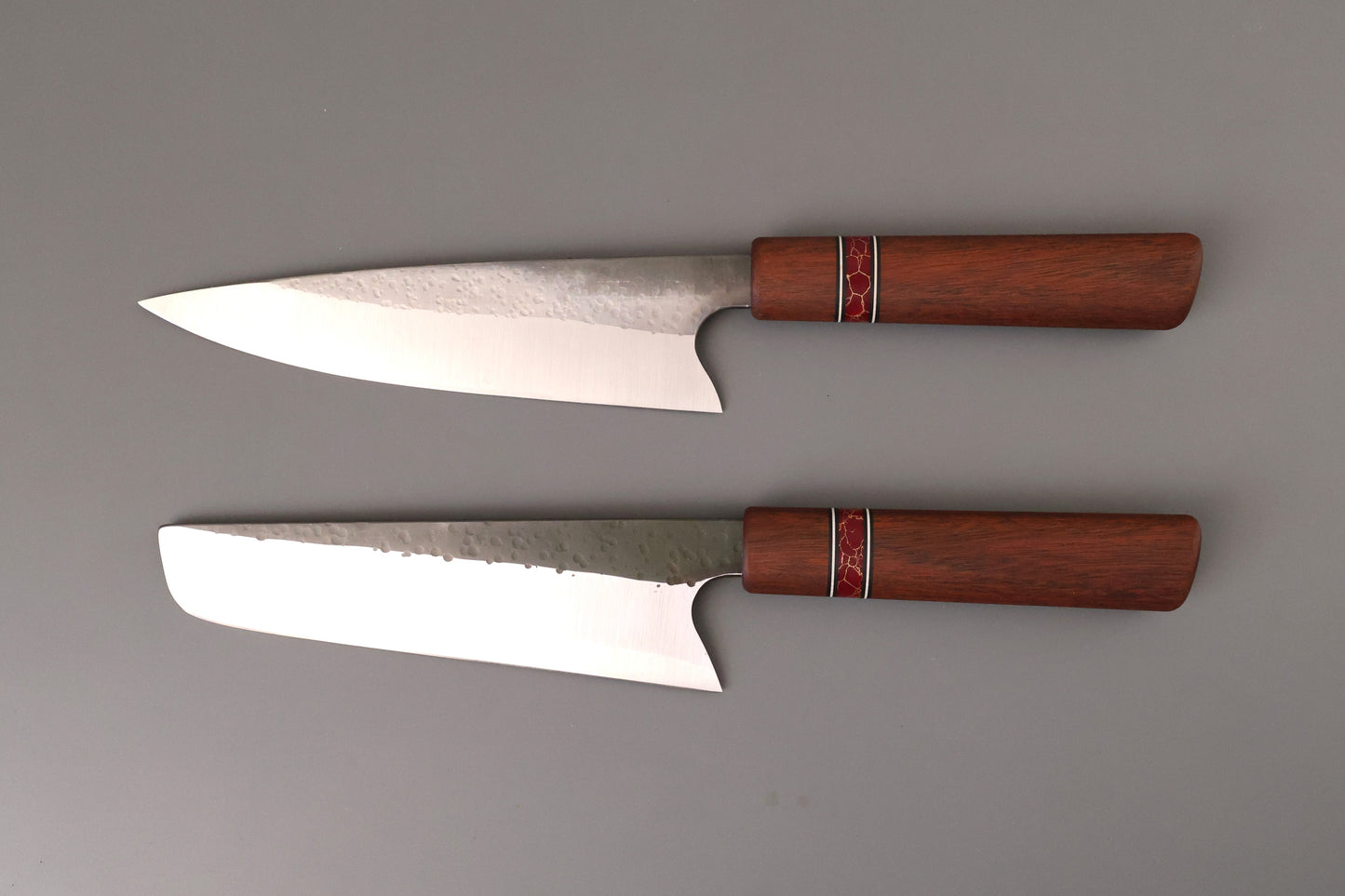
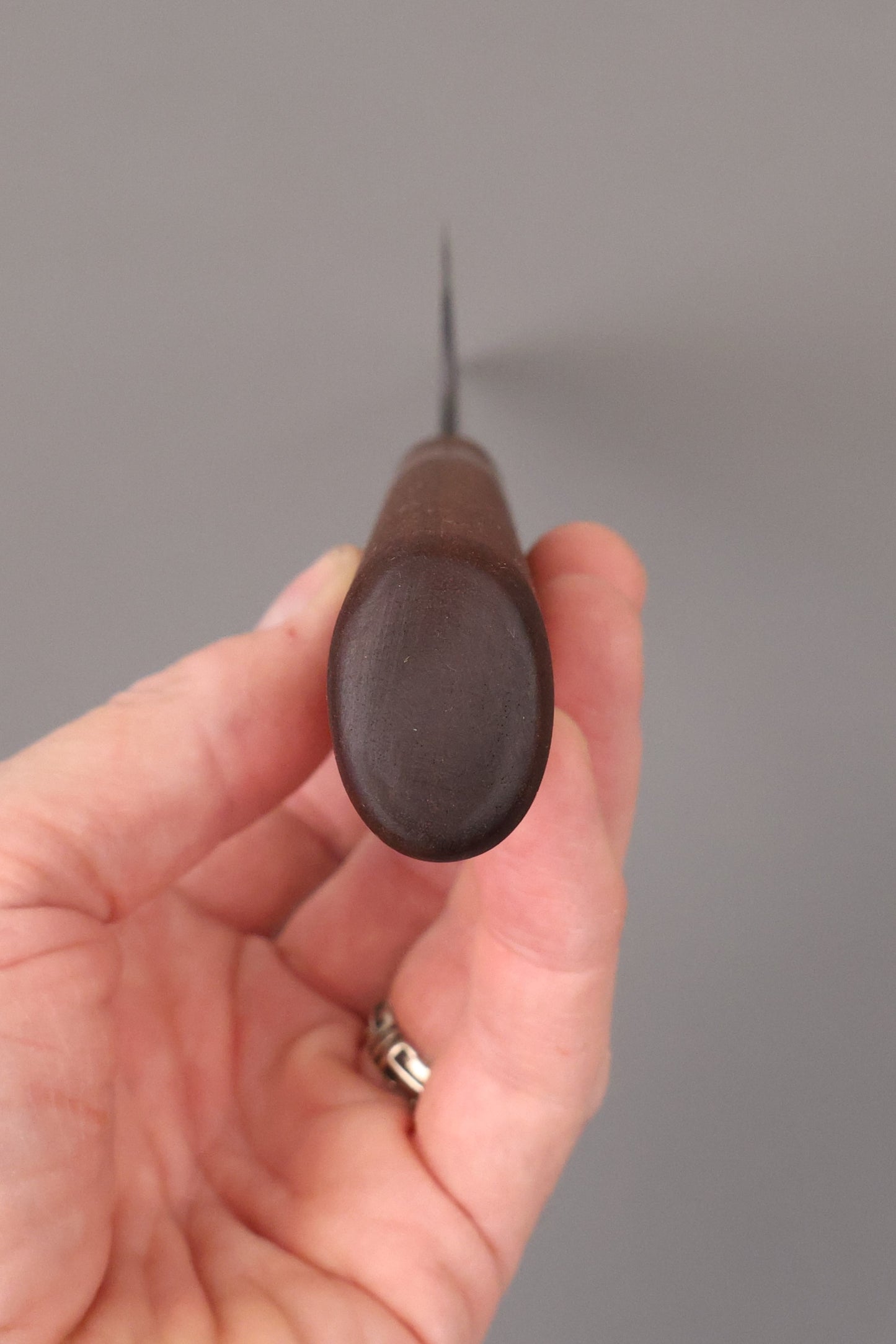
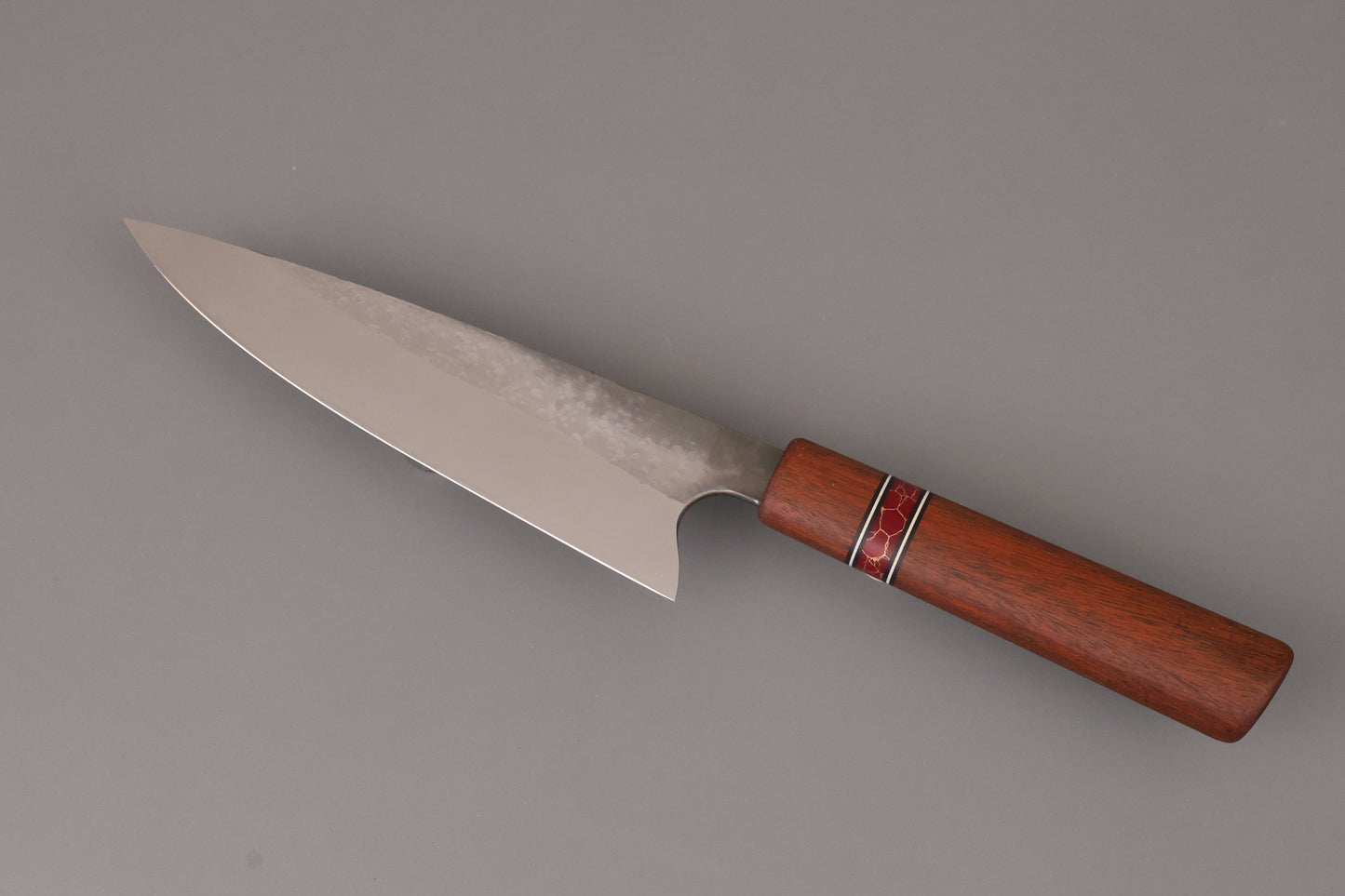
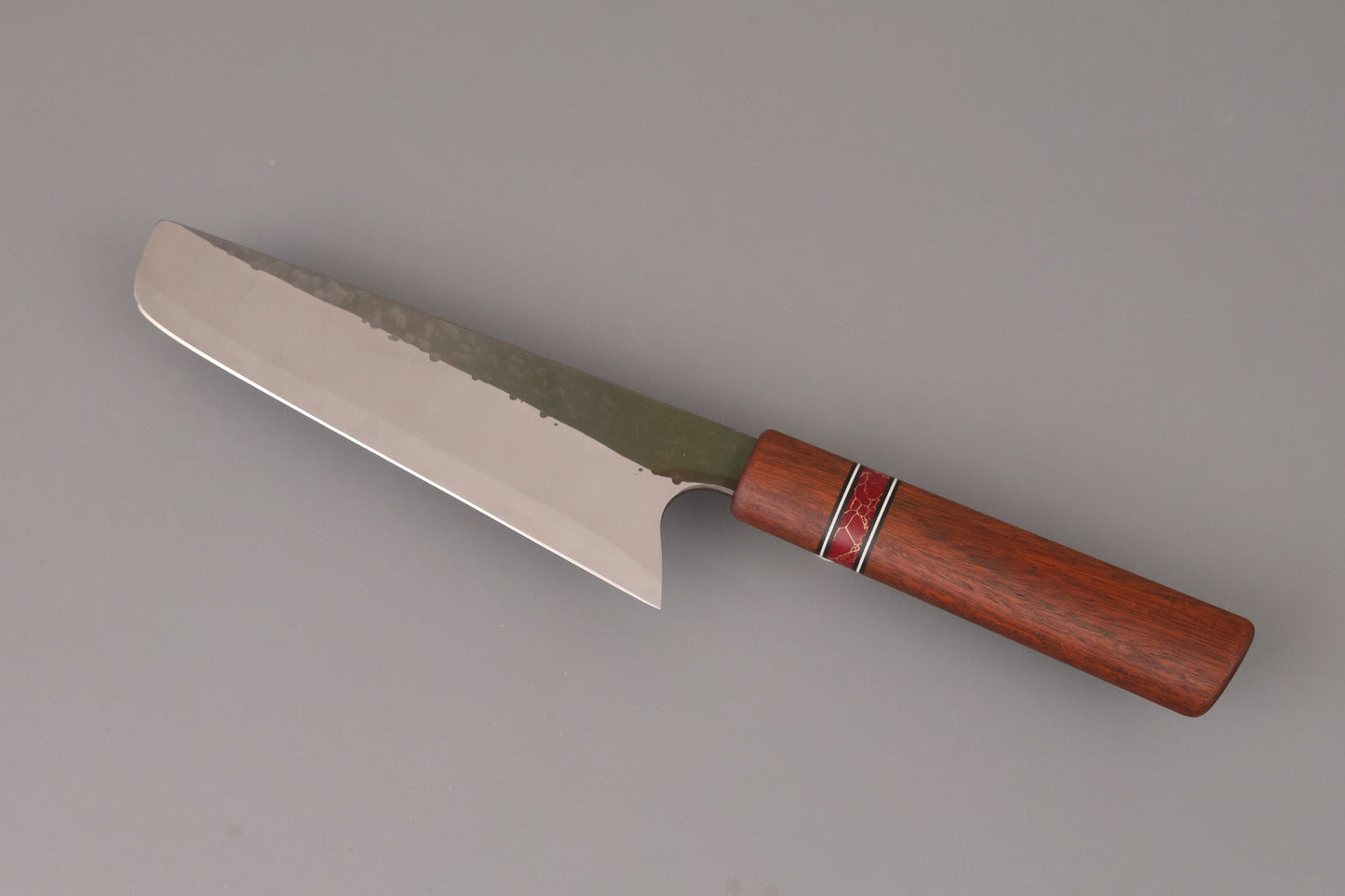
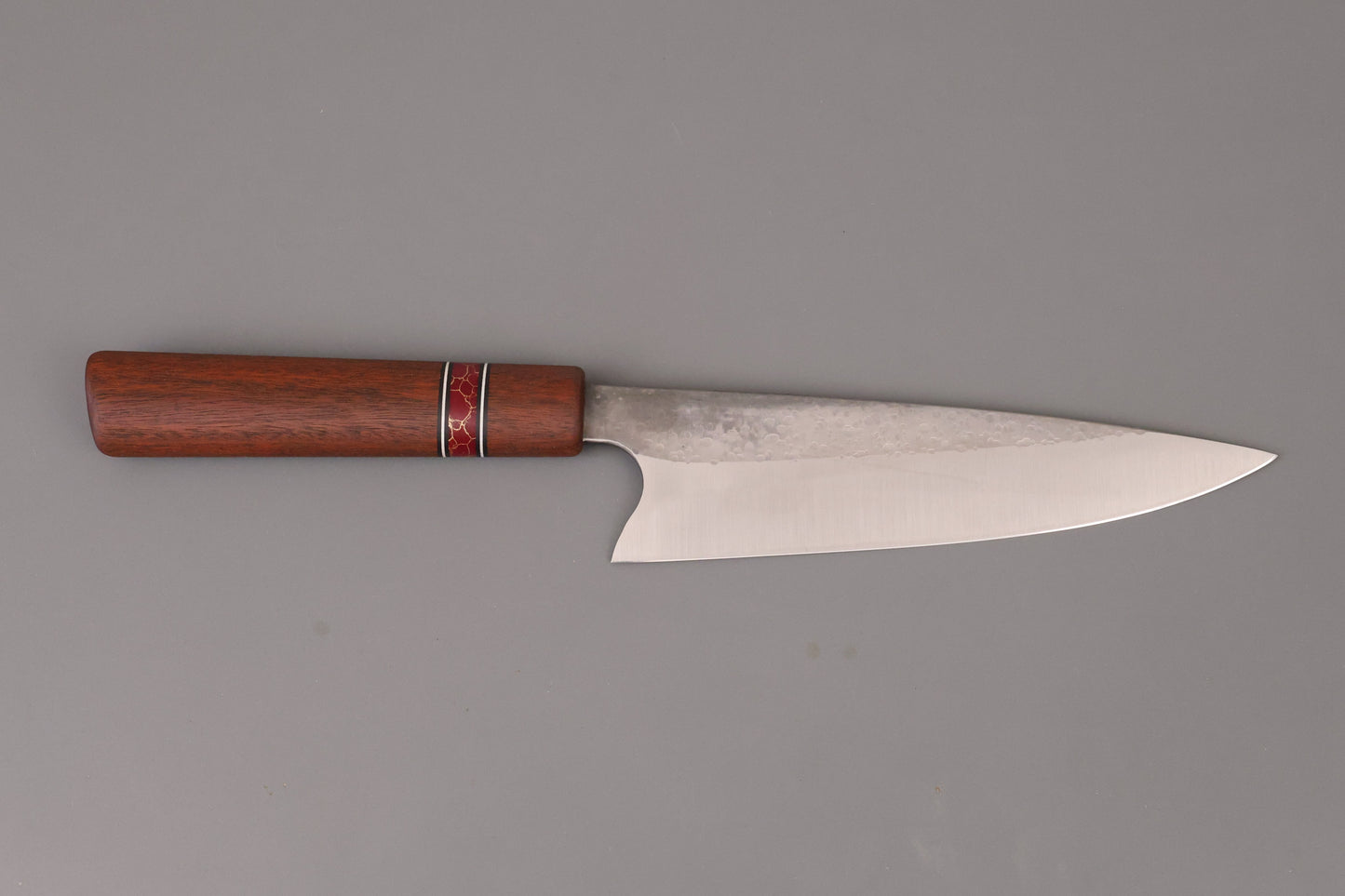
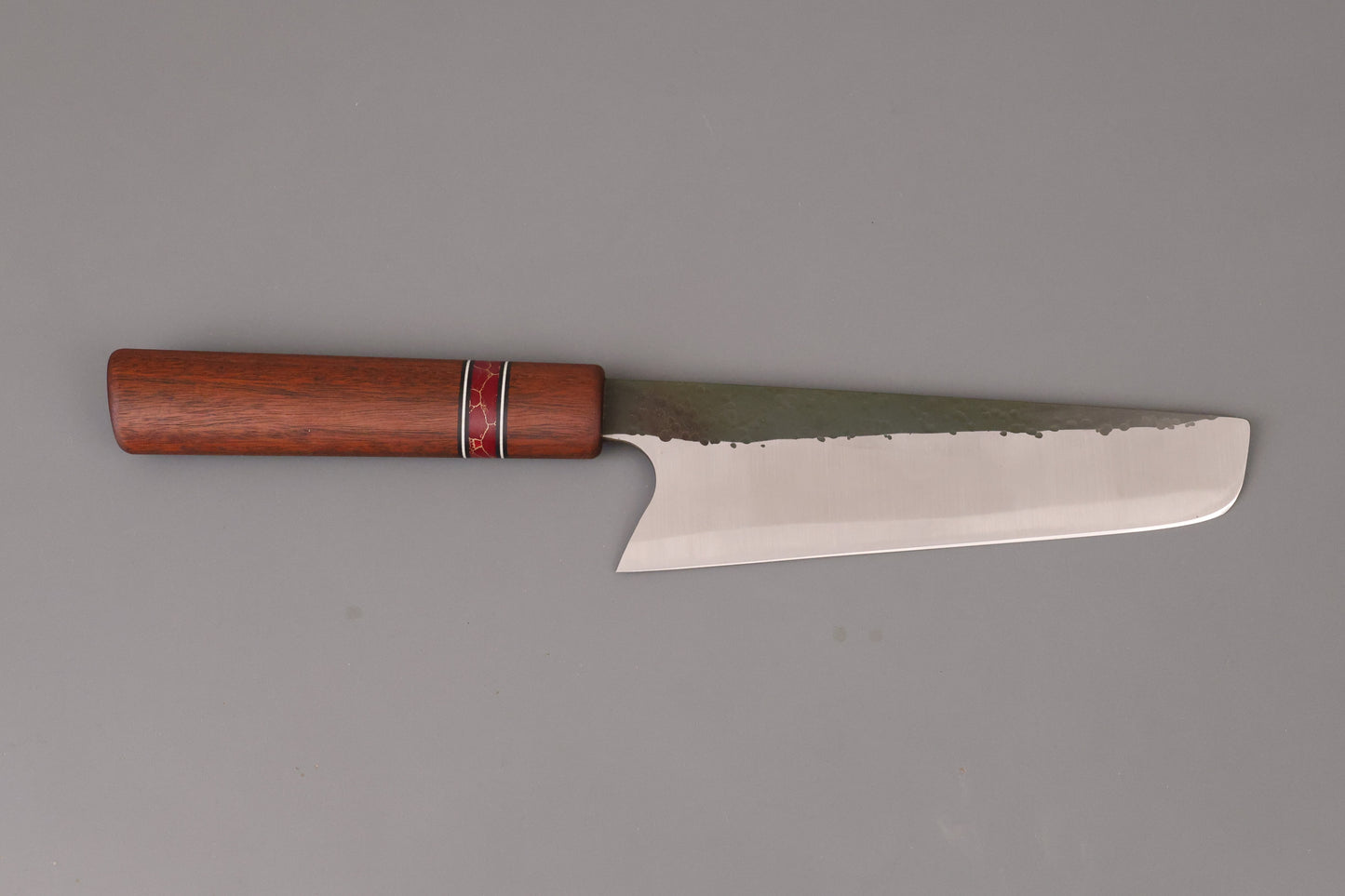
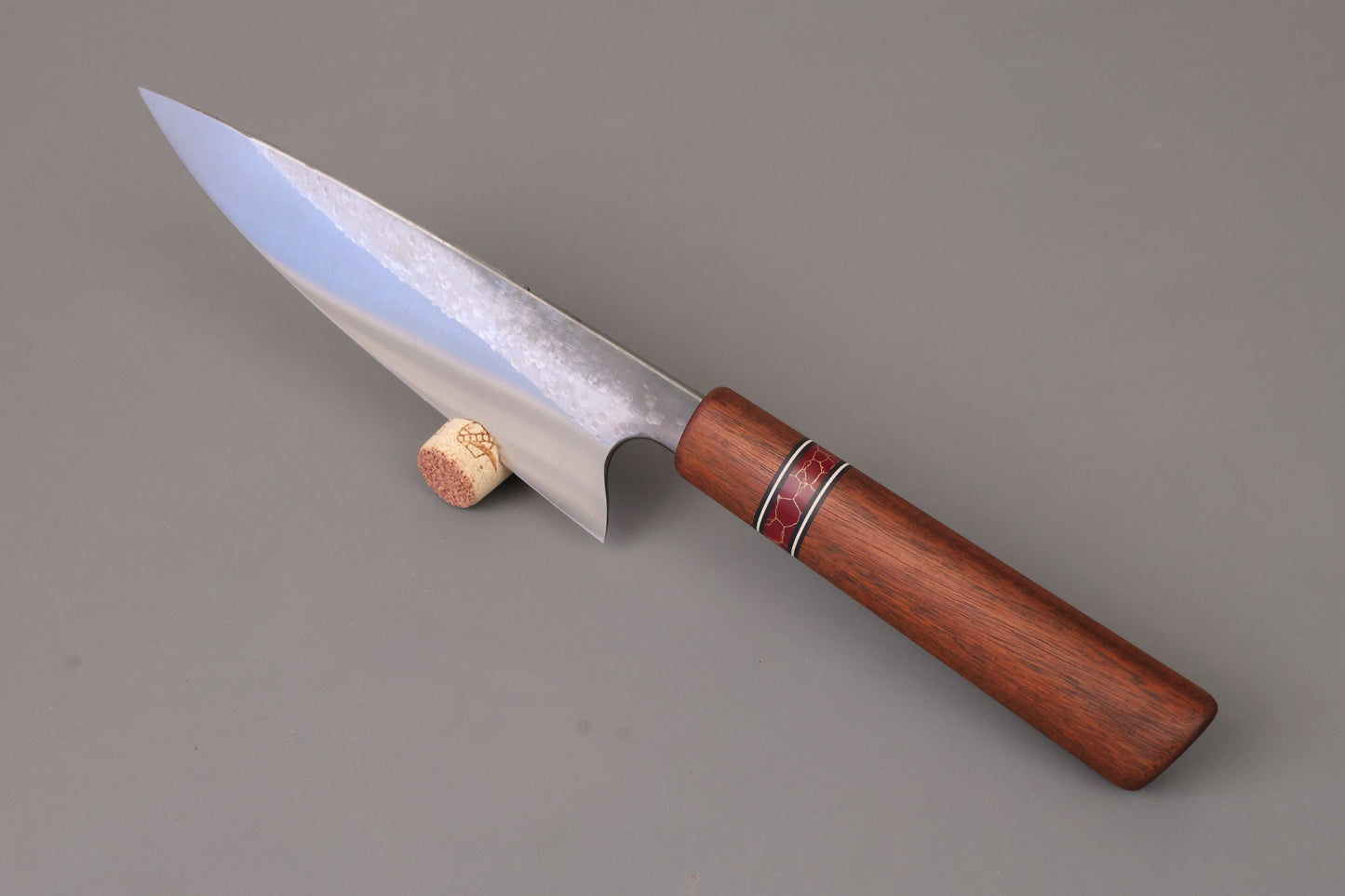
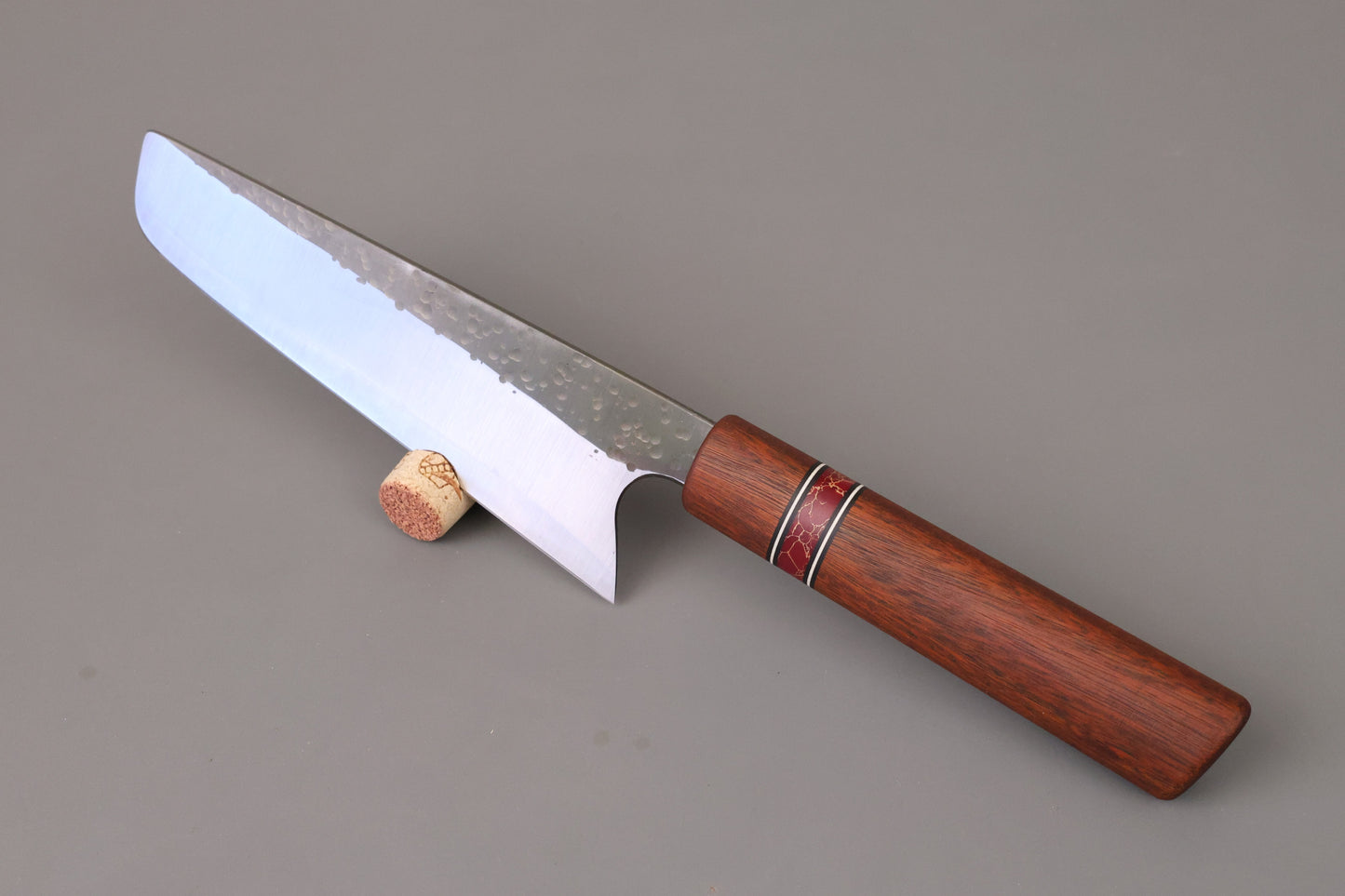
Subscribe to our emails
Join our email list for exclusive offers and the latest news.
